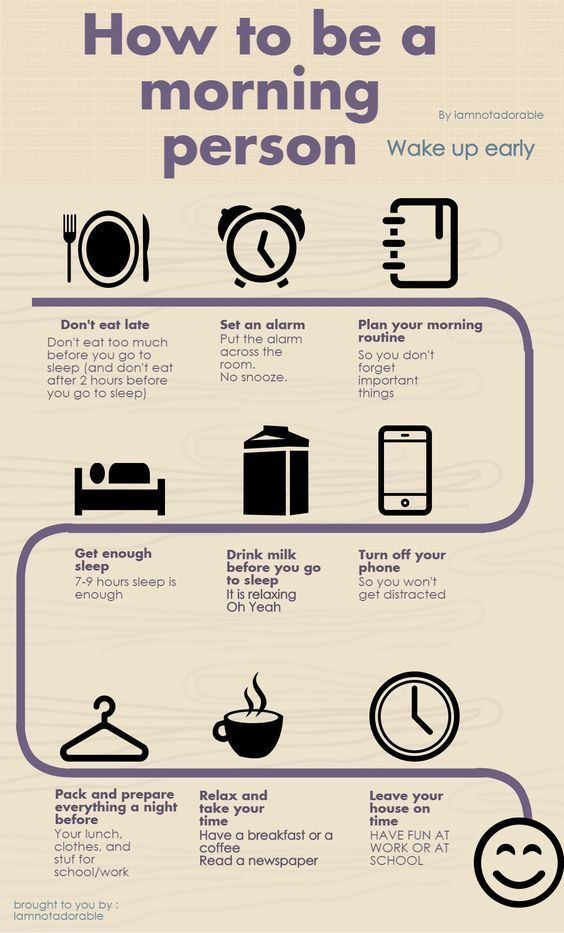If you’re able to stay home and relax for the day, being a little sleepy isn’t a big deal. But being tired at work can have significant consequences. You might miss deadlines or get behind on your workload. If this becomes a pattern, your job could be in jeopardy.
Treating the underlying cause of daytime sleepiness — such as sleep apnea — can help improve your energy level and boost cognitive function. But even if you take steps to feel better, daytime sleepiness might not improve overnight.
Here’s how to manage daytime sleepiness at work.
If you’re feeling sluggish at work, a shot of caffeine might be the energy boost you need to get your job done.
Caffeine is a stimulant, meaning it increases activity in the brain and nervous system. It can improve your thinking ability and mental performance, and help you fight off sleepiness. Head over to the break room for a coffee, or take a short walk to a local cafe.
Be careful not to go overboard. Drinking too much caffeine can overstimulate you and make you jittery, which might affect your productivity level.
Sometimes, getting a little bit of shut-eye is the only way to get over daytime sleepiness. If you have to close your eyes, squeeze in a quick power nap on your lunch break.
If you have your own office, shut the door and lay your head on the desk. Or sit in your car and recline the seat. A 15 or 30-minute nap might give you enough energy to power through the day. Don’t forget to set your alarm clock or you may oversleep!
Sitting in one spot for too long can worsen daytime sleepiness. Periodically rising from your workstation and walking around gets your blood flowing. It can also help you stay to awake and concentrate on your work.
Granted, you probably can’t be away from your desk for too long. You may have to get creative and move at your desk. Maybe fidget or shake your leg while sitting in your chair. If you have your own office, pace the room while talking on the phone.
If you’re sleepy at work, having to do your job in silence can be a drag. You may feel as though you’ll fall asleep at any moment. To wake up your brain, listen to upbeat music.
Check with your employer first for permission. Your boss might be OK with listening to music as long as it doesn’t affect your productivity. If you can’t turn on a radio, get permission to listen to music through earbuds — the more upbeat the music, the better.
If you deal with frequent daytime sleepiness, eating a heavy lunch could make it worse. Do your best to stay away from sugary snacks, sodas, or carbohydrates like white bread and white pasta.
Eat a light lunch to keep your energy up. You want to feel satisfied but not stuffed. As you pack your lunch, choose healthier sources of energy. This includes boiled eggs, chicken, berries, nuts, vegetables, and whole grains.
If you’re fortunate to work in a space with windows, open the shades and let in some natural light. Sunlight in your office can increase alertness and energy.
If you don’t have a window near your workspace, get permission to bring in a lightbox and position it near your desk. This emits a low level of UV light and helps regulate your wake cycle so you feel less sleepy.
If you’re struggling to stay awake at work, go to the bathroom and splash cold water on your face. This quick and simple hack can reenergize you and provide a much-needed pick-me-up.
Step outside after you splash your face if it’s a breezy day. The cool air against your face can increase your alertness.
You might want to invest in a fan for your office space or desktop if you deal with daytime sleepiness.
When you’re feeling sleepy, point the fan in your direction and turn it on full blast. Just like the natural breeze outside, the cool air of the fan can increase your alertness.
Daytime sleepiness can be intensified by too much downtime. Depending on the nature of your job, you may have periods when you have fewer responsibilities.
Without much to do, you may start to feel even more tired. Ask your boss for some light responsibilities, if possible. You might be able to assist with overflow work.
Ask your boss for some light responsibilities, if possible. You might be able to assist with overflow work.
Learning how to manage daytime sleepiness can keep you on your employer’s good side. When drowsiness hits, try a few of these hacks to get through the day. Rule out an underlying problem by visiting your doctor if your tiredness continues for longer than a few weeks.
We include products we think are useful for our readers. If you buy through links on this page, we may earn a small commission. Here’s our process.
Wouldn’t it be wonderful if you could take a quick break from work to nap every time you felt you needed it? Unfortunately, this is not the reality for most people.
Tiredness at work is common whether you work part time or full time, day shift or night shift. It can harm your work performance and make work less enjoyable. And in some careers, it can be downright dangerous.
If you’re struggling to stay awake at work and the coffee’s just not cutting it, try some of these tips:
 Go for a walk before work
Go for a walk before work Getting some fresh air and moving your body before work can help keep you awake. A walk is especially effective at increasing your alertness if you take one when the sun’s up.
While it’s often impossible to take a nap on the job, taking a nap before work can help increase your alertness. This is an especially important tip for shift workers, who may be required to work odd or alternating hours. Napping for as little as 15 to 20 minutes before work can help improve your alertness throughout your shift.
Sitting or standing still for too long, such as at a desk or cash register, can make you feel tired. Staying active can help you feel more alert and think more clearly. Get up and take activity breaks every few hours if possible. For example, try walking around your office or workplace while you take that phone call.You can also try these exercises you can do at your desk.
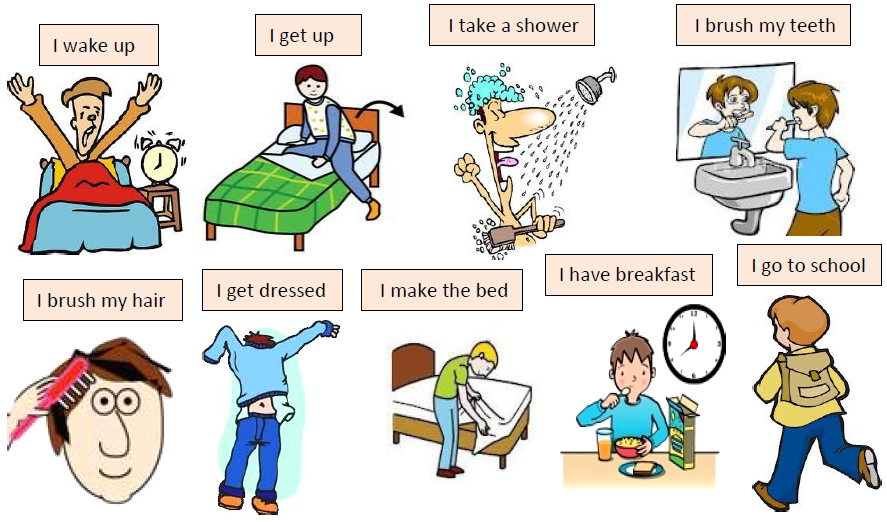 Keep your workspace bright
Keep your workspace bright If you work during the day, keep your workplace window shades open to let in sunlight. If you’re working when it’s dark or dim, turn the lights on to help keep you awake and alert.
Sipping caffeine can give you a temporary energy boost, but drinking water throughout your shift is much healthier and is also effective in keeping you alert. That’s because dehydration can make it more difficult for you to concentrate on your work.
Consuming some caffeine early in your shift can boost your alertness early in your day. Be sure to consume it only at the start of your shift, though. Caffeinating too late can interfere with your ability to sleep after work.
Eating healthy snacks during the day can help keep your blood sugar — and attention — steady all day long. Look for foods with a mix of protein, carbohydrates, and healthy fats. Good snack options include:
Avoid consuming foods and beverages with added sugar, such as candies, energy bars, and soda.
It can be hard to focus on complex tasks when you’re tired. If possible, complete the easiest tasks when you’re tired, such as replying to emails, filing documents, or reorganizing your computer’s desktop. Usually your energy will return as you complete these simpler tasks.
Keep scented candles or an essential oil diffuser at your desk. Look for scents that are strong and energizing, such as jasmine, citrus, or peppermint. You can also rub essential oil on your hands and temples to help keep you energized.
Shop for an essential oil diffuser and essential oils now.
Listening to loud, energizing music such as rock or pop can sometimes help increase your energy level. If you work in a shared space, make sure to wear headphones so you don’t disturb your coworkers.
The above tips are great short-term fixes to staying awake at work. But to help stay alert at work in the long term, you need to make some adjustments to your daily life.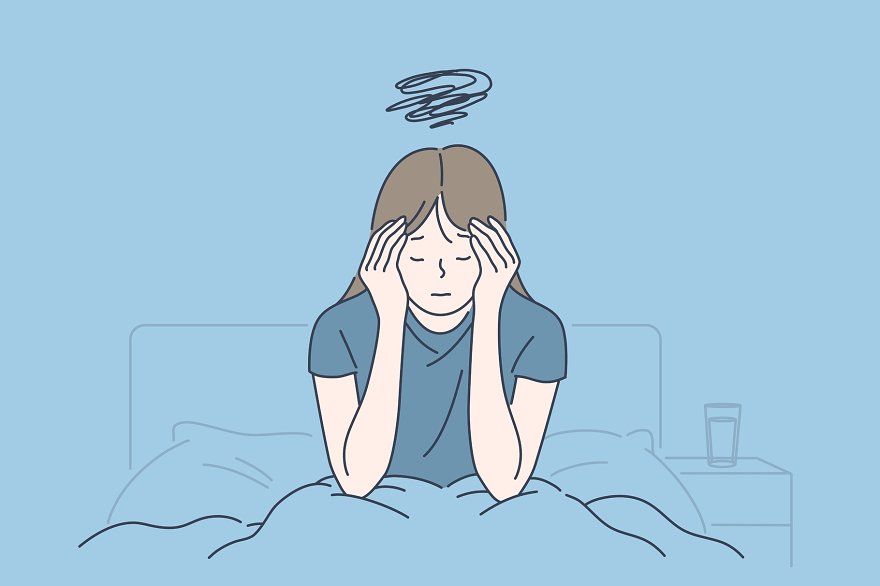
Here are seven lifestyle changes that can help increase the quality of your sleep, making it easier for you to stay awake at work.
Your body’s production of melatonin, which helps you sleep, is influenced by light and dark. It can be challenging, especially for shift workers, to avoid light before bed. Sunlight can make your body feel more energized when you’re trying to wind down.
Reduce your exposure to light before bed by limiting your screen time from your TV or cell phone. In addition, try wearing an eye mask or hanging darkening shades on your windows if sunlight keeps you up when you’re trying to sleep.
Don’t consume caffeine or other stimulants during the second half of your shift. Doing so can make it much more difficult for you to fall and stay asleep at bedtime.
Turn off all electronic devices, such as your TV, and use earplugs to keep your bedroom quiet.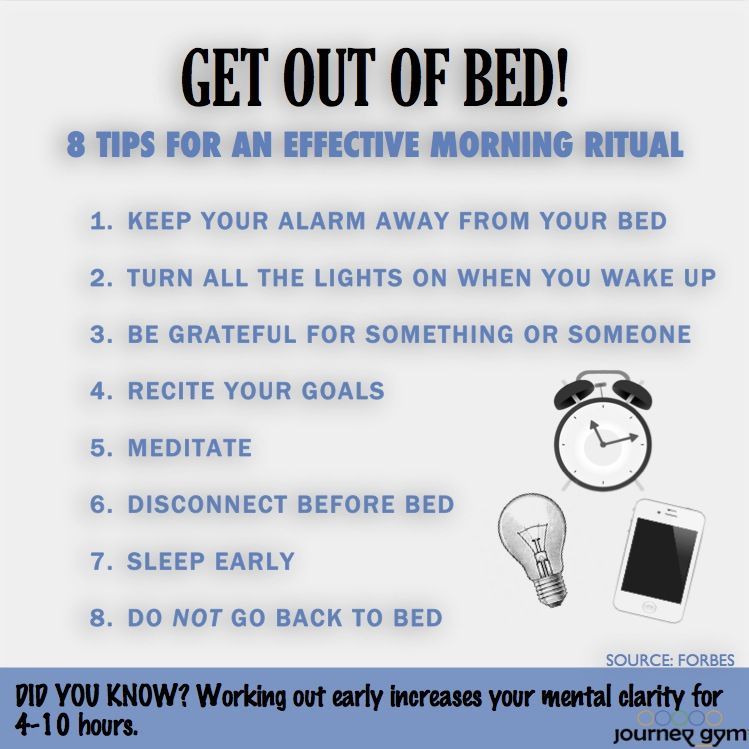 Use a white noise machine to drown out loud or distracting noises if necessary.
Use a white noise machine to drown out loud or distracting noises if necessary.
Setting up a nap schedule can help regulate your sleep.
Changing shifts often makes it harder for your body to adjust. Limit these changes when possible.
Exercise is helpful in promoting sleep. However, for some people, exercising right before bed can make it harder to fall asleep. For others, exercise may not affect their sleep patterns at all. Get to know your body and what feels best.
These habits can make it more difficult for you to fall and stay asleep.
Feeling tired at work can make your workday less productive and less enjoyable. Luckily, there are things you can do today to help make you feel less sleepy and more alert at work. Making certain lifestyle changes to promote sleep after work will help you stay alert at work in the long term, as well.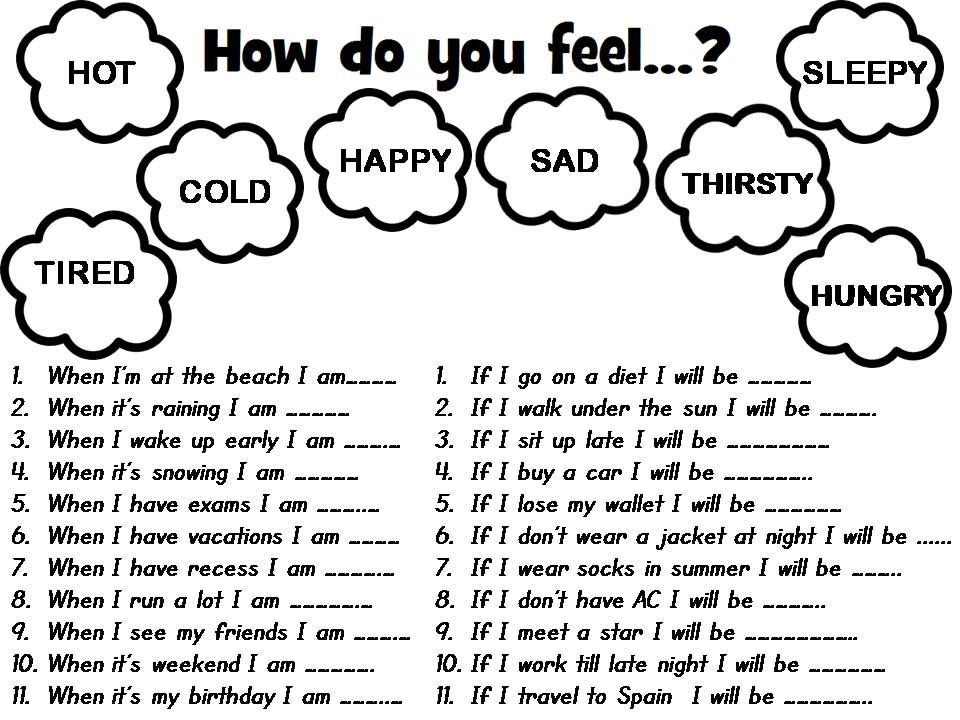
July 14, 2017, 15:30,
when learning to brush his own teeth or lace up his shoes. And in the school of idleness they even declare war. Suffice it to recall that on the flyleaf of the primer there were in bold type proverbs like "Laziness is worse than illness."Modern doctors have something to answer both folk wisdom and those who consider laziness the fruit of spoilage, improper upbringing and bad heredity. According to doctors, laziness is a disease, or rather, its symptom.
An obsessive alarm clock, coffee on the run, sitting in front of the computer all day... Go to a foreign language course, sign up for a gym or swimming pool, meet college friends - all these plans are again and again postponed until later .
What is it: banal laziness and lack of willpower? Probably not. Constant lethargy, lack of motivation, irritability and absent-mindedness can be symptoms of chronic fatigue syndrome.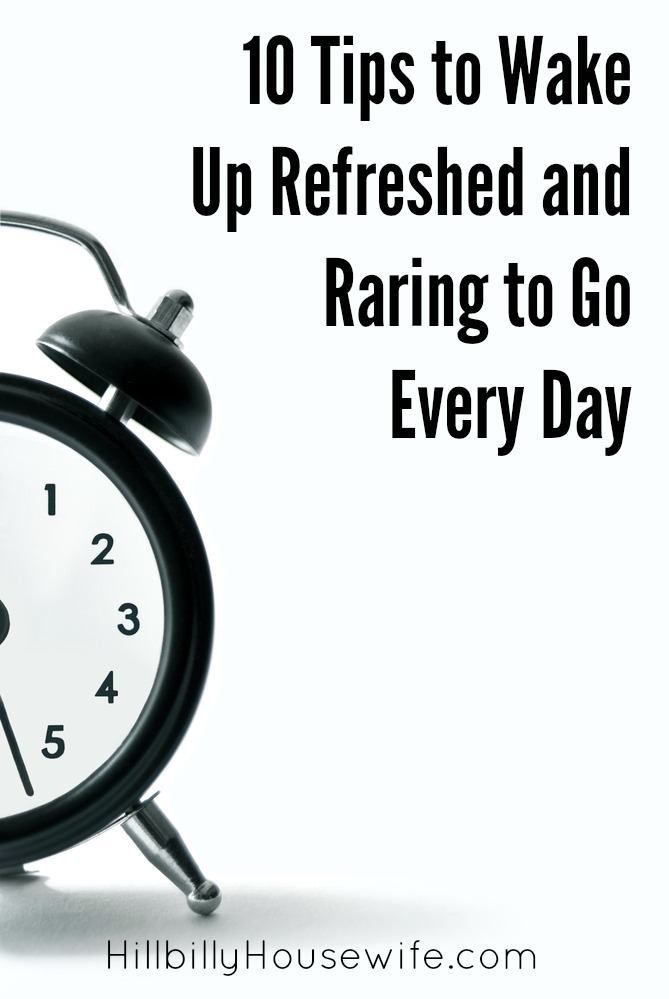
Surprisingly, a disease that causes insurmountable laziness in a person most often affects workaholics.
Read also
Fighting depression: yoga and pet therapy for stress and bad mood
Chronic fatigue syndrome was first described by American doctors in the mid-eighties of the XX century after they examined thousands of patients who complained of constant lethargy , irritability and apathy. It turned out that almost all of them lived in big cities and worked hard.
"From a medical point of view, laziness is a completely natural reaction of our body. If a person constantly works at the limit of his strength, the brain tries to protect itself from a stressful situation. And the unwillingness to do anything can slow down a workaholic," says therapist Elena Tikhomirov.
Chronic fatigue syndrome is like a speed limiter in a car. Exceeded the allowed limit - and a signal starts beeping in the cabin, warning that moving faster is life-threatening.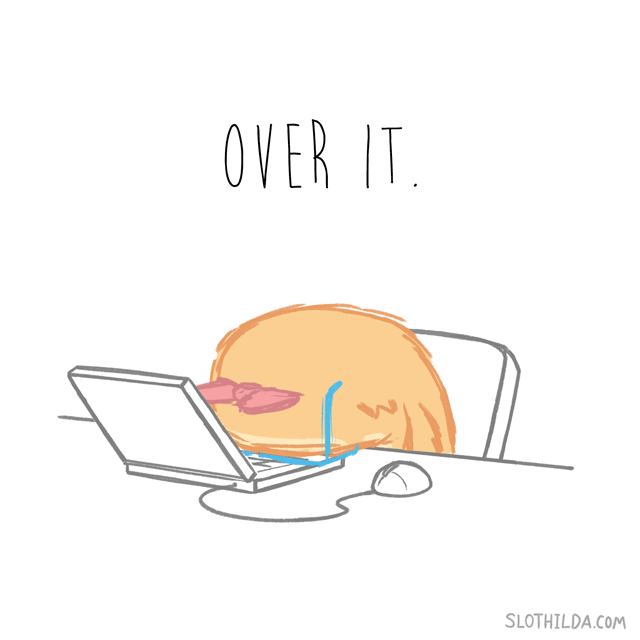
When the "speed" of our life is exceeded, the body produces stress hormones - adrenaline, norepinephrine and cortisol. In extreme situations, these substances help a person quickly navigate and escape from danger: they speed up the pulse, increase blood pressure, and stimulate the brain. That is why a person begins to think faster, becomes more resilient, can withstand cold, hunger, and even blood loss. But for our benefit, these substances work only in situations that really threaten life and health. Usually this is a short period of time, and when the danger is left behind, relaxation sets in.
From a medical point of view, laziness is a completely natural reaction of our body. If a person is constantly working at the limit of his strength, the brain tries to protect itself from a stressful situation. And what can slow down a workaholic is just the unwillingness to do anything
Elena Tikhomirova
Therapist
If there is no relaxation, the constant high level of stress hormones causes hypertension, insomnia, disorders of the heart and stomach, and rapid skin aging. After a few months of living in such a rhythm, the resources of the body are depleted, and the person feels lethargic, overwhelmed, indifferent to everything, that is, lazy. But he has to keep going.
After a few months of living in such a rhythm, the resources of the body are depleted, and the person feels lethargic, overwhelmed, indifferent to everything, that is, lazy. But he has to keep going.
“Sometimes a person pushes himself too hard: “I have to be better than others”, “I have to get more than others”, “to be better than others, you have to try harder,” says psychologist Pavel Volzhenkov, — as a result, a person breaks the balance of work and rest, drives himself to such an extent that he leaves three to four hours to sleep.
Working at this pace is like trying to run a marathon at the speed of a sprinter. Meanwhile, the main rule of long-distance runners is the ability to distribute forces. Therefore, doctors recommend that workaholics reduce their workload by at least twenty percent in order to really achieve success at work and at the same time stay healthy.
Another serious cause of constant fatigue and apathy is chronic sleep deprivation. Workaholics often neglect sleep and either work at night or do things they don’t have time to do during the day: meet friends, go shopping or go to the movies.
Workaholics often neglect sleep and either work at night or do things they don’t have time to do during the day: meet friends, go shopping or go to the movies.
But in the evening, the brain starts producing the hormone melatonin, which makes you want to sleep. Melatonin is both our doctor and worker: while we sleep, it restores strength, strengthens the immune system, and slows down the aging of the body.
Read also
How to survive a gloomy summer without emotional losses: advice from psychiatrists and psychologists
It is most active from twelve to three in the morning. With a lack of sleep, the production of melatonin decreases, the biorhythms of the body go astray, which is why we cannot fall asleep, even if we are deadly tired, and in the morning we wake up with difficulty and feel overwhelmed.
“Nature created a person so that his brain would rest at night and work during the day,” says cardiologist and therapist Nizami Guliyev, “during sleep, the brain processes and assimilates the information it has received during the day, as if making room for a new one. If a person does not get enough sleep ", but at the same time it works at the usual intense rhythm, the brain is simply not able to process information quickly. It's like a computer with a small amount of memory that was forced to download a heavy video. It will do it very slowly."
If a person does not get enough sleep ", but at the same time it works at the usual intense rhythm, the brain is simply not able to process information quickly. It's like a computer with a small amount of memory that was forced to download a heavy video. It will do it very slowly."
After a night spent on the next project, the body will tend to rest and resist the flow of new information. Working in this state is perceived as a traumatic factor from which one must hide. So, the surging laziness and desire to do anything, if only not work, is quite natural.
Lack of physical activity can also cause laziness. When we spend the whole day at a sedentary job and our body is essentially inactive, the number of impulses from the muscles to the nervous system decreases, the blood is poorly oxygenated. As a result, the working capacity of the brain decreases, memory and concentration deteriorate. And we feel lethargy, weakness and ... unwillingness to work.
If a person does not get enough sleep, but at the same time works in the usual intensive rhythm, the brain is simply not able to process information quickly. It's like a computer with a small amount of memory, which was forced to download a heavy video. He will do it very slowly. and if this is not possible, get off one stop earlier from home and walk a couple of kilometers on foot. Get a dog and walk it for at least forty minutes in the morning and evening.”Research scientists have shown that regular and moderate physical activity improves short-term memory and concentration by almost thirty percent. So companies that provide their employees with discounted memberships to fitness clubs actually provide a higher efficiency of their work.
"...similar to an English spleen, in short: Russian melancholy"
But what if a person has no health problems, gets enough sleep, moves enough, does not work hard, and yet strives with all his heart for idleness? It turns out that he is the same lazy person? Not at all.
Most likely, such a person is simply not doing his job or is experiencing psychological stress.
Read also
Tea won’t drink itself: what to do so that work doesn’t bring you to depression
this or that action, - explains the psychologist Pavel Volzhenkov, - in fact, a person simply defends himself if he does something that he does not like. For example, if a person goes to work that does not bring him satisfaction. "
Laziness as a result of satiety with life or greenhouse education, according to psychologists, is extremely rare.
More often it is a shield with which a person closes himself from the need to make an important decision for himself. After all, it will entail changes in the established life, uncertainty and, possibly, failures, which people always try to avoid.
So, if bouts of laziness periodically come over you, do not rush to scold yourself, but rather try to figure out if you like what you are doing. And when you decide to change, don't forget what Confucius said: "Choose a job you love and you won't work a single day in your life.
" Probably the best guide for lazy people is difficult to come up with.
Karina Saltykova
7 ways to get rid of sleepiness at work — Work.ua
Teamwork
- 2
- 66437
- Teamwork
Work.ua will not save you from changing hours, but it will tell you how to cope with drowsiness at work.
Twice a year, time manipulation disrupts our biorhythms, disturbs sleep, and makes us yawn much more than usual at work. And if the autumn turn of the hands gives us an extra hour for sleep, then the transition to daylight saving time makes our bodies get used to earlier rises.
As a result, fatigue, irritability and decreased concentration.
Method 1 - classic
The easiest and most familiar way to activate the body is invigorating drinks. Prepare a cup of good coffee the way you like it. Just don't get carried away - it's better to drink coffee no more than three times in 8 hours. And remember that strong green tea invigorates no worse than espresso.
Method 2 - active
Leave your work area for a few minutes and walk briskly down the hallway or run up and down the stairs. Just a few jumps in place or squats will fill the body with energy and vigor. If there is no time for this, warm up on the spot: move your feet, stretch, make a few energetic swings with your arms.
Method 3 - natural
A breath of fresh air is no worse than a sip of fresh coffee. And bright lighting, especially daylight, helps the brain understand that it is time to become more active. Open the blinds and the window, take a few deep breaths, take in the view, or better yet, go outside and walk vigorously back and forth.
It’s good if you manage to catch the sun - its light will spur the production of endorphins, and they, in turn, will make you more active and focused.
Method 4 - delicious
Eat an orange, tangerine or grapefruit. The aroma of citrus fruits will invigorate the nervous system, and vitamin C will activate the body.
Method 5 - working
Place your palms under running water. Alternately change cold water to hot and vice versa. A few minutes of such a "shower" - and sleep in one eye.
Method 6 - universal
Do acupressure: rub your hands and massage your fingers from the tips to the base of the palm, press the active points located between the thumb and forefinger.
Method 7 - lazy or the Stirlitz Method
Stirlitz did everything quickly and efficiently, even rested. The recommendation of a well-known intelligence officer boils down to the formula: 20 minutes of an afternoon nap allows you to get rid of fatigue and not want to sleep during the day.
